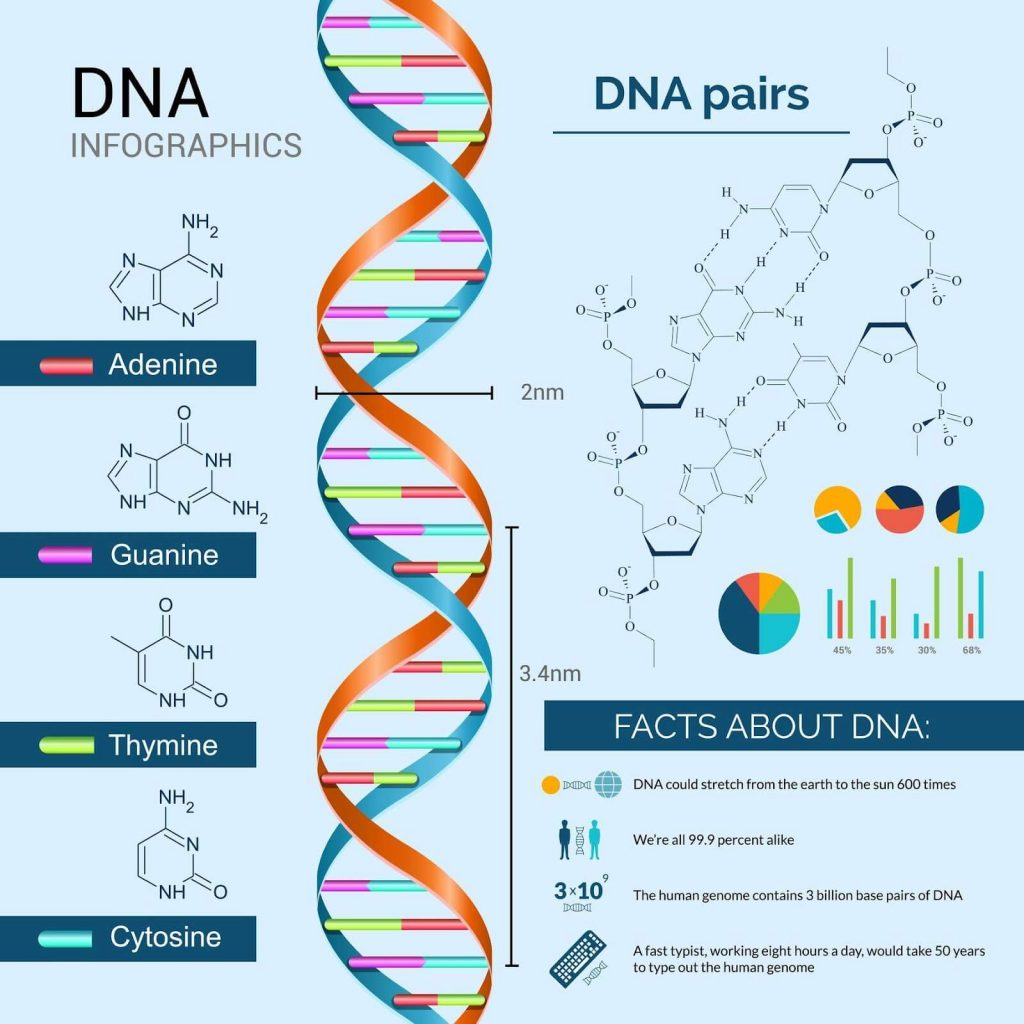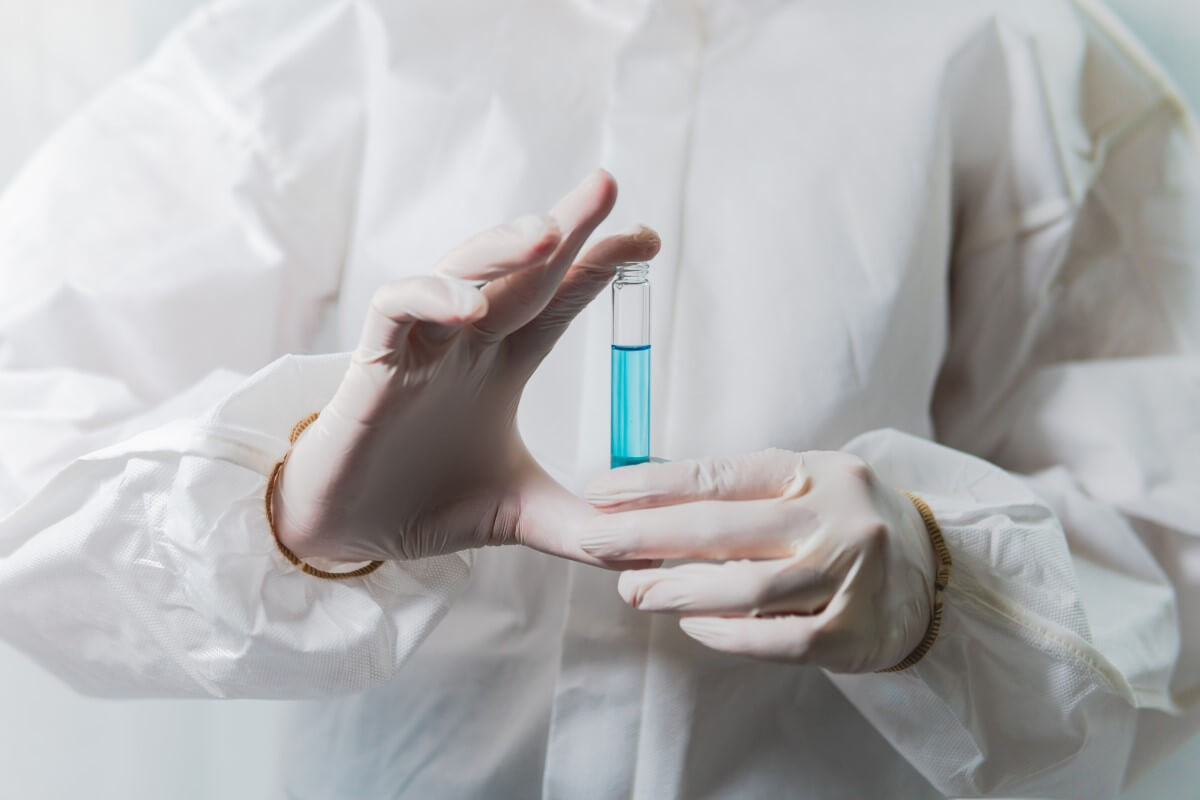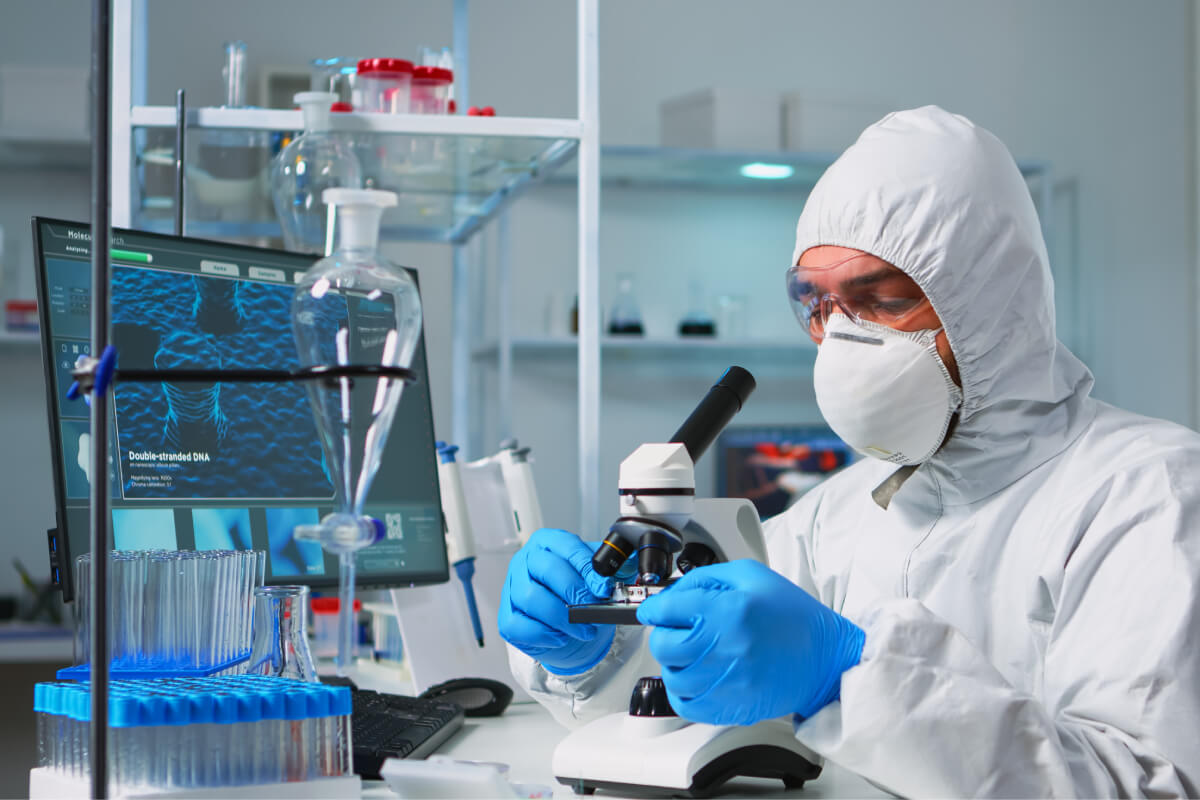A Guide to DNA Tests
A Guide to DNA Tests
The next time DNA testing made a huge impact on society was when testing companies 23andMe, Ancestry.com, and MyHeritage started to offer DNA test kits to collect DNA data to analyse for information on ethnicity, health, and possible relatives.
DNA testing is much more than just identifying breast cancer and ancestry. Learning about them in this guide can help you take advantage of them entirely to improve your health, wellness and even possibly help you live longer.
What Is a DNA Test
DNA tests, also known as genetic tests, identify changes in the DNA sequence or chromosome structure. Medically, a DNA test can diagnose or rule out genetic disorders and predict the likelihood to develop risks of certain conditions. It’s similar to a health test in this way.
DNA tests can also determine relationships between mother or father and child or ancestors. Paternity DNA testing is highly popular in instances where the father of a baby is questionable. DNA testing companies such as 23andMe and MyHeritage offer ancestry DNA tests to identify possible relatives regardless living or dead. Many parents choose to have genetic testing to determine if they have carrier status for certain genetic disorders that may be passed on to their children. DNA tests can reveal a lot of very important and insightful information.

How Does DNA Testing Work
DNA testing or genetic testing is quite simple. Most commercial DNA tests involve either spitting into a test tube or swabbing the cheek. Regardless of which method, a person sends their DNA sample to a lab where a technician will look at changes in the DNA, proteins, or chromosomes. The technicians note genetic data and upload it to a DNA database.
The person who provided the sample will receive notice that the DNA test results are ready, and then the person can then use the data in any way they desire.
Many labs will gather DNA data and analyse it according to what the test was meant to provide. For instance, if someone submits a paternity test, the DNA data is compared against the second DNA sample submitted. In cases where people want to know the genetic health conditions they are at risk for, the technician may analyse the DNA data to identify genetic markers for specific inherited diseases.
How Accurate Are DNA Tests
DNA tests are highly accurate, but the information provided by some DNA testing companies isn’t as thorough as it could be for people. For instance, some home DNA tests only provide information about one or two genes. But each person has more than 20,000 genes!
Only having DNA data for a few genes won’t reveal a predisposition to many genetic health conditions. Just because the DNA testing kit doesn’t provide a lot of information, it doesn’t mean it’s not accurate. Buyers should be aware that not all DNA tests are created equal, and much more comprehensive ones are available to provide better DNA matching and analysis.
The Accuracy of DNA Tests
Genotyping genetic tests can obtain data on up to 2 million data points. These tests can provide a tremendous amount of useful data for almost everything you’ll want to know about your genes (ancestry, health, medication side effects and reactions, wellness, nutrition, fitness, sleep, etc.) This type of testing may also be used to create an extensive personalised health plan.
Factors Influencing the Accuracy of DNA Tests
Despite the accuracy of DNA tests, some factors can reduce the accuracy of the tests that consumers must be aware of when opting for this service. The following are some guidances to help people find the best DNA tests for their needs.
DNA Testing Company
While a majority of the DNA testing companies marketing DNA tests are legit, there are a few illegitimate ones. These are the ones that a consumer must be aware of when asking how accurate are DNA tests.
It can be difficult to know which DNA testing companies are selling accurate, high-quality DNA test kits. Researching past consumer experiences is one of the best ways to identify the best DNA test companies for accurate genetic testing.
User Error
- Insufficient DNA sample
- Tainted DNA sample
Insufficient DNA sample is often the case when doing the swab test. Those who do not submit enough saliva will often receive inaccurate results or a message the lab could not process their sample.
A tainted DNA sample happens when the saliva or swab of the cheek contains more than what should be in it. For instance, food particles can cause the sample to be tainted. This is why it’s always important to read and follow the instructions with the DNA test kit to ensure the most accurate results possible.
Paternity Test Accuracy
Since paternity DNA tests can be used for legal purposes and can often result in emotional upheaval, some people will attempt to submit a different person’s DNA. For instance, a mother may submit the DNA of the biological father of a child under the name of another man to show that man is the father. In the above case, some people would argue that DNA tests are inaccurate, but that is not correct. It’s the DNA samples that are inaccurate – not the tests.
The Accuracy of DNA Analysis
DNA test results are not the same as DNA analysis results. DNA test results show combinations of letters that are ready for analysis.
When people look at DNA analysis reports, they are often suspicious of the findings. They blame the DNA test, but the blame is incorrectly directed. It should be placed on the analysis report.
The accuracy of DNA analysis depends on the company offering it – just like with the DNA tests. Most DNA test companies focus on one or two types of analyses such as health+ancestry because they have identified the genetic makeup for that information. However, many of these companies are self-serving in which they may produce analysis reports to drive users to take advantage of their services.
For instance, a company that sells weight loss products may produce DNA analysis reports identifying weight-related issues. These issues can be troublesome to users, in which they are compelled to invest in the weight loss products offered by the company.
DNA analysis reports should have only one purpose, which is to educate the person who purchases or requests them. It should not be to help the company sell products.
The 99.9% Accuracy Statistic Myth
To Trust or Not to Trust DNA Tests
The analysis of that raw data is accurate, as long as the company performing it has a reputation of delivering reliable results. The only way to know whether a company has high-quality DNA analysis services is to research the way the analysis is performed.
Look for DNA testing companies with a geneticist working as part of the team or leading it. This will give you more confidence the results are in line with the professional’s standards.
Never hesitate to ask questions about the reliability and accuracy of DNA tests and their analysis. You’re paying for this service, and you deserve to know if you’re getting the best value for your money.
What the Food and Drug Administration (FDA) Believes
- FDA announces Collaborative Review of Scientific Evidence to Support Associations Between Genetic Information and Specific Medications.
- FDA takes new action to advance the development of reliable and beneficial genetic tests that can improve patient care.
- FDA allows the marketing of the first direct-to-consumer tests that provide genetic risk information for certain conditions.
How to Read a DNA Test Report?
Most people can read their DNA test report either by themselves or with the help of a genetic counsellor. Some DNA testing companies provide a self-explanatory results in their analysis report while some DNA testing companies provide genetic counselling to make understanding the results easier for their customers.
Genetic counselling helps people process the information in a DNA test accurately, so there isn’t any emotional upheaval over misconceptions. Consulting with a genetic counsellor is usually available online and is recommended especially for people who have concern over a health risk.
DNA test analysis reports can also be used by a health care professional. A doctor can interpret the results and use the information to prescribe medications or help with diagnosis depending on whether the person has a genetic disposition to a specific health condition.
How Long Does DNA Last?
Free DNA Tests
For instance, a free DNA test may be offered if someone pays for a monthly membership to a site, or another offer will be given with the cost of the DNA test added. It’s up to the buyer to decide if the value of the free DNA test is worth the money.
The only way to get a free DNA test is to become a participant in a research study. The researchers will ask you to provide a DNA sample, and many of them will give you a complete genetic analysis.
It is important to know that while these free DNA tests provide information, they do not give participants their data. Participants only receive the information the research study has, so there is no way to further analyse your DNA data if you’re interested in learning something else about your genome.
Can a DNA Test Be Wrong?
- The DNA sample was collected incorrectly.
- An insufficient amount of DNA was collected.
- Someone else’s DNA sample was submitted in the case of paternity tests
A DNA test simply provides information to be used for analysis. The information may be affected by human error, but will most likely return inconclusive results if that is the case. Analysis shares what the test information means and that is not wrong. It uncovers generational information and predicts the future – it does not dictate the future, though.
The Best DNA Tests
Many people head to Amazon when looking to buy something, but in the case of DNA tests, it’s best to stick with a reputable company that is heavily vested in genomics. DNA testing companies such as SuperDNA, Living DNA, 23andMe, MyHeritage, Ancestry.com, FamilyTreeDNA, and others work hard to ensure that their users receive the DNA data and analysis they sign up for when joining their site.
Many of the above companies are limited in the genetic information they provide because they focus on just one or two areas, such as health + ancestry. A site like SuperDNA focuses more on sharing data from DNA data. While the DNA company offers DNA test kits (Ultimate DNA Test – Whole Genome Sequencing), the focus is on providing people information on predispositions to rare diseases, common health conditions, what exercise is best for their body, what foods are best for their body, and even the right medications and dosing for certain medical conditions.
Some people believe a DNA test is inaccurate when seeing their analysis results because they don’t align with their beliefs. For example, some people may question why it identifies a heart condition when they are very healthy. But what they did not know is that diet and lifestyle can change the projection of health. While genes may indicate a predisposition to a heart condition, it’s possible to prevent it with a healthy diet and exercise.




